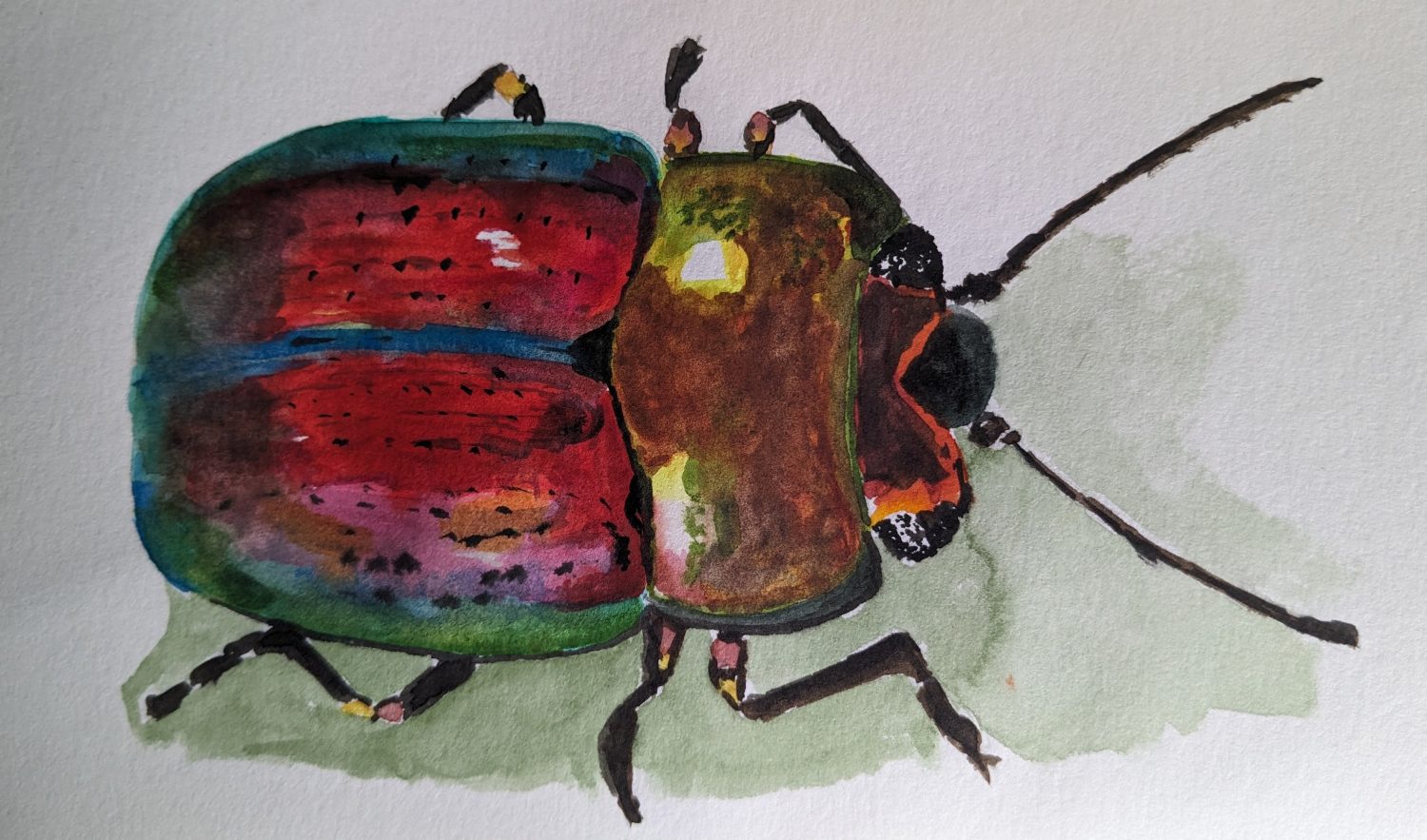As an aspiring children’s book writer, I know there is a need for diverse books for young people. Children internalize much of what is read and shown to them, and it is important for their development to see children like them in the stories they read. Children of color, children struggling to learn a foreign language, children with physical and mental handicaps, children with gay and lesbian parents, children without legal status, children of poverty and of privilege, all such children need represented in the books we read.
We need diverse books for the child seeking a connection with a character like them, which helps empower that child in his or her daily decisions. We need diverse books for parents seeking to teach their children through books. Such books need to adequately represent the world in which their children will grow and navigate as adults. We also need diverse books for the rest of us. Books can be powerful agents of empathy, helping us see that underneath our skin and different appearances, we all crave acceptance and love, we all have gifts and talents, and that acceptance is the only way forward for humanity to thrive.
While every disenfranchised group has a right to acceptance, the current onslaught of cases of police brutality toward African Americans, and especially African American males, is why I am writing this post. Black lives matter. Poor lives matter. Latino lives matter. White lives matter. Young lives matter. This is why I have a problem with Black History Month. Yes, we should celebrate the hard-fought advances for African Americans. Yes, we should honor their struggle and learn from the past to shape a better future. The problem is that it’s just a month. It’s treated like a subject in school, which we learn about and move on, not necessarily coming any closer to bridging cultural gaps between blacks and whites. I fear it’s akin to the sentiment, Who needs algebra? lamented by many students who get through the test and decide they don’t need any more.
We need a lot more than a month of connections with black characters. Everyone harbors prejudices as part of an evolutionary protective mechanism. Many of our actions come from prejudiced feelings of which we are not even aware. How do we overcome this? Tolerance. How do we model, instill, and create tolerance in children? Make connections, seek to understand, and practice compassion. Listen. The more familiar we are with differences, the less fearful we become, and the more tolerant we become of people different than ourselves. Books are not the only way to promote empathy and tolerance, but regular exposure via books to people with differences can have a powerful impact on chiseling away at the walls between us. Listen to the characters and you will hear the ways in which we are alike.
Black History month is important and should continue. But don’t just save those books for February. Get them out, get more, and start in kindergarten. Make black children a part of every week of instruction so that both sides see there doesn’t have to be sides.

Lisa, this is lovely. I wrote a thoughtful response,k but could not post it – even with changing my password twice ; ( Right on, woman!
xxoo,V-
Thank you Valerie. I wonder why it wouldn’t post, but this comment does? But thank you!
Good slant on the needs of all people to be recognized as individuals and the need for literature to help with this understanding. I agree, this is not just for the sake of the individual but for the sake of our collective humanity.
As someone who lives in a diverse city (though “segregated” through poverty and white flight), I agree that diversity and alikeness need to be part of daily learning. Perhaps we would be hearing different stories on the news if our Grand Jury guidelines had been regulated differently. Regulated by people who had been taught that there are many sides to every story, not just two.
So, yes, let’s get those books out and keep them out. Books about all sorts of people, races, persuasions. People we may or may not know well. People whose lives may otherwise seem “foreign” to us.
Thanks! I know you feel as I do about books in general and how powerful and magic they are. I also know I will be reading one of yours someday and learning about things that may seem foreign to me.
Sweet, thoughtful woman!
Pingback: Black History Month | Lisa Connors